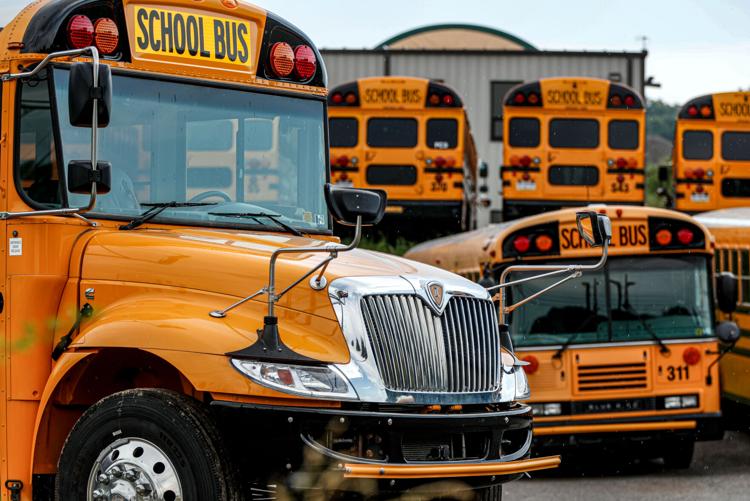(The Center Square) – Revenues from the Pennsylvania school district property tax have steadily climbed since 2011, but the growth rate has declined since 2017. In the near future, that will change.
The latest report from the Independent Fiscal Office shows that school districts collected about $15.7 billion in fiscal year 2020-21, up from $14.8 billion in 2019-20.
“Collections increased by $3.10 billion from FY 2011-12 to FY 2020-21, an average rate of 2.6% per annum,” the report noted.
Without the pandemic, collections would likely have been higher, but almost half of school districts kept their tax rates flat. In a normal year, only 25% of districts would do so.
By 2026-27, the IFO expects districts to collect just under $20 billion annually.
The counties that pay the most in per capita revenue sit in the east, while the counties that pay the least tend to be in the rural west and center.
The state weighted average is $1,209 per county, but Monroe County has a per capita revenue of $2,089 and Montgomery County’s rate is $2,035. On the opposite end, Jefferson County’s per capita rate is just $422 and Cambria County’s is $423.
With tax rates kept flat during the pandemic in more districts, many residents will see increases as a result. While the IFO forecast expects delinquent collections to increase, most of the growth will come from the usual property tax collections.
Reassessments will also matter. In Pennsylvania, counties determine when to reassess property rates, and some places can go several years or decades without doing so.
In places like Allegheny County, reassessments can be a surprise for new homeowners and school districts often request them, as The Center Square previously reported. A lawsuit appealing assessments in Allegheny County could bring relief to some property owners, showing how controversial property tax changes can be.








